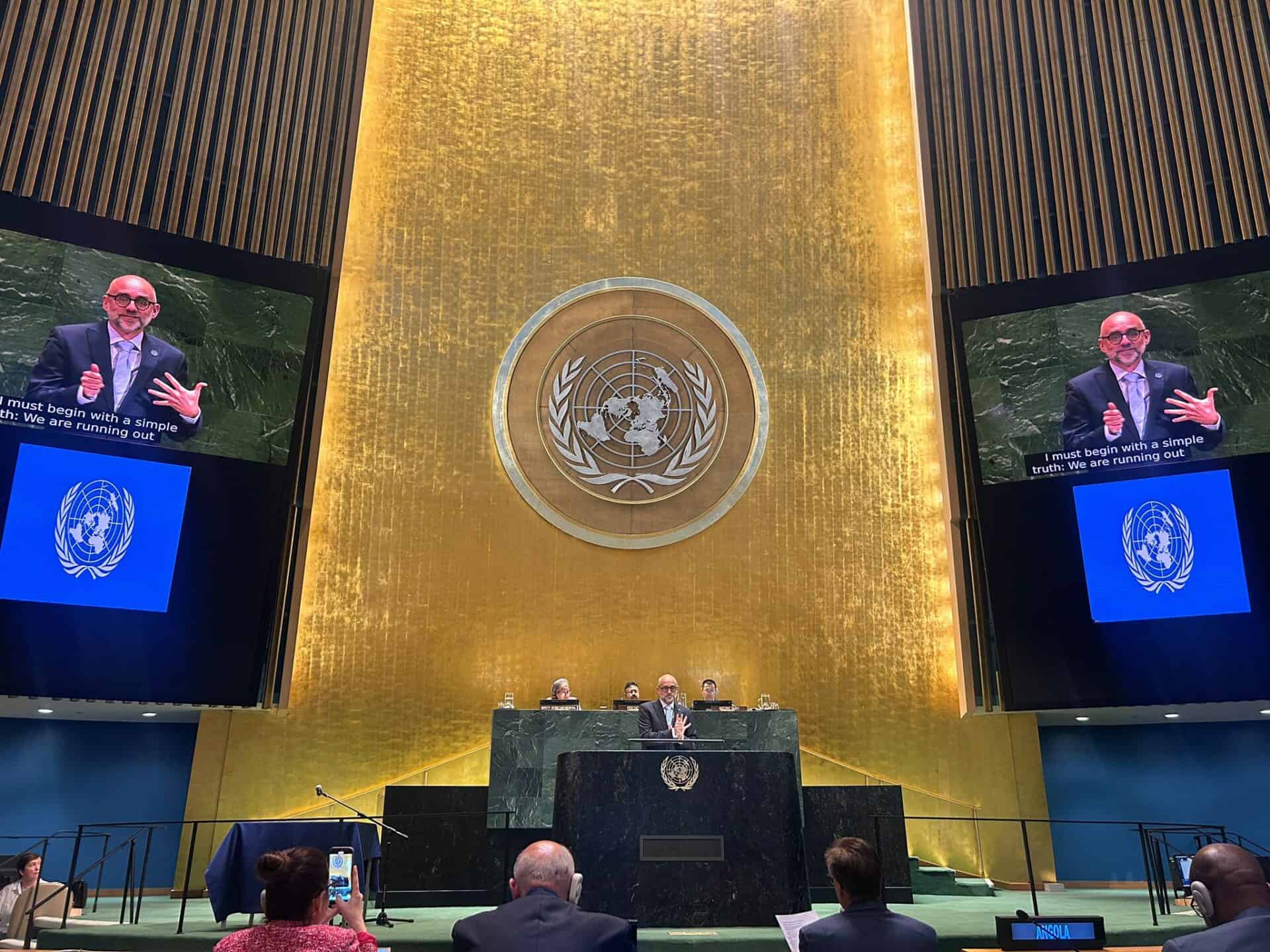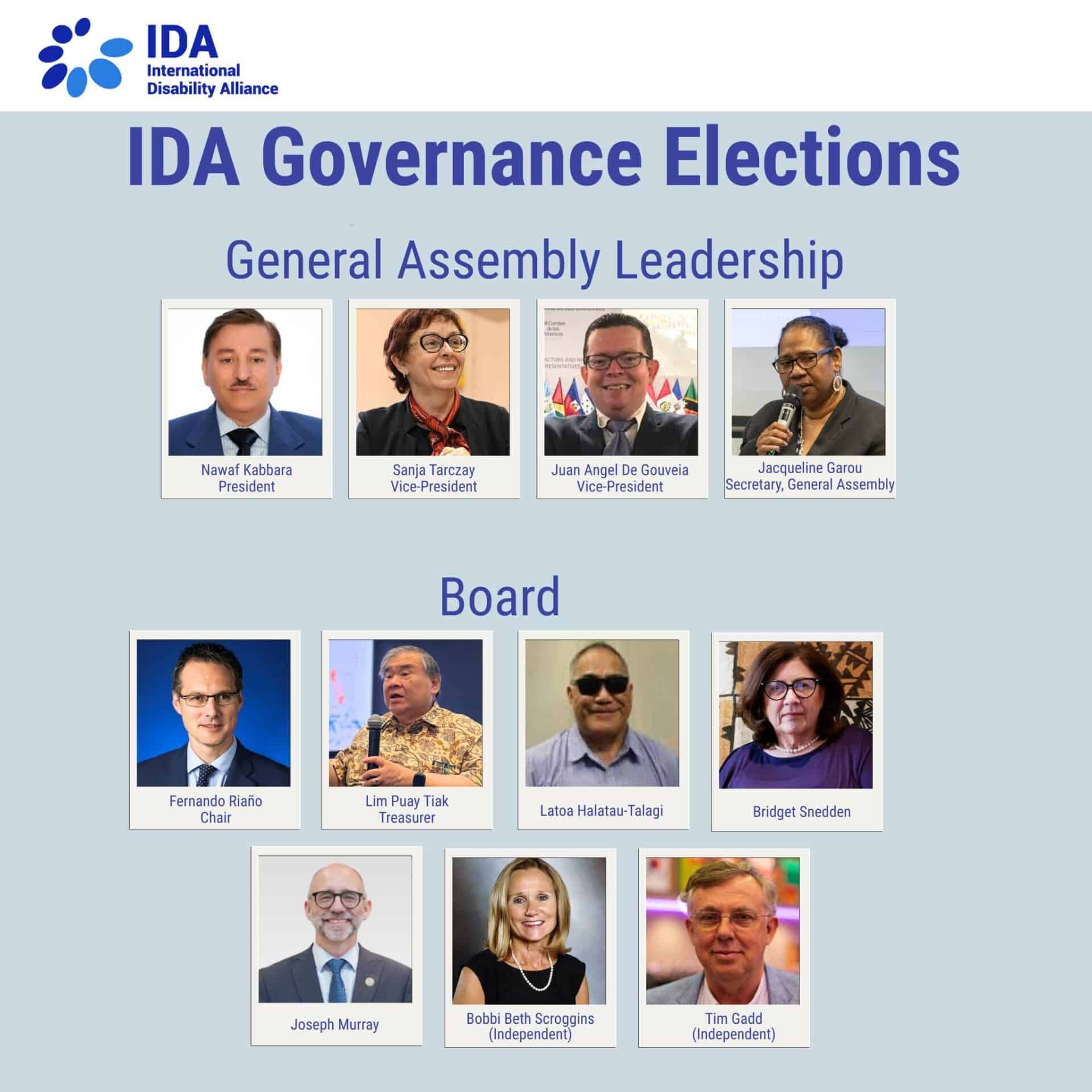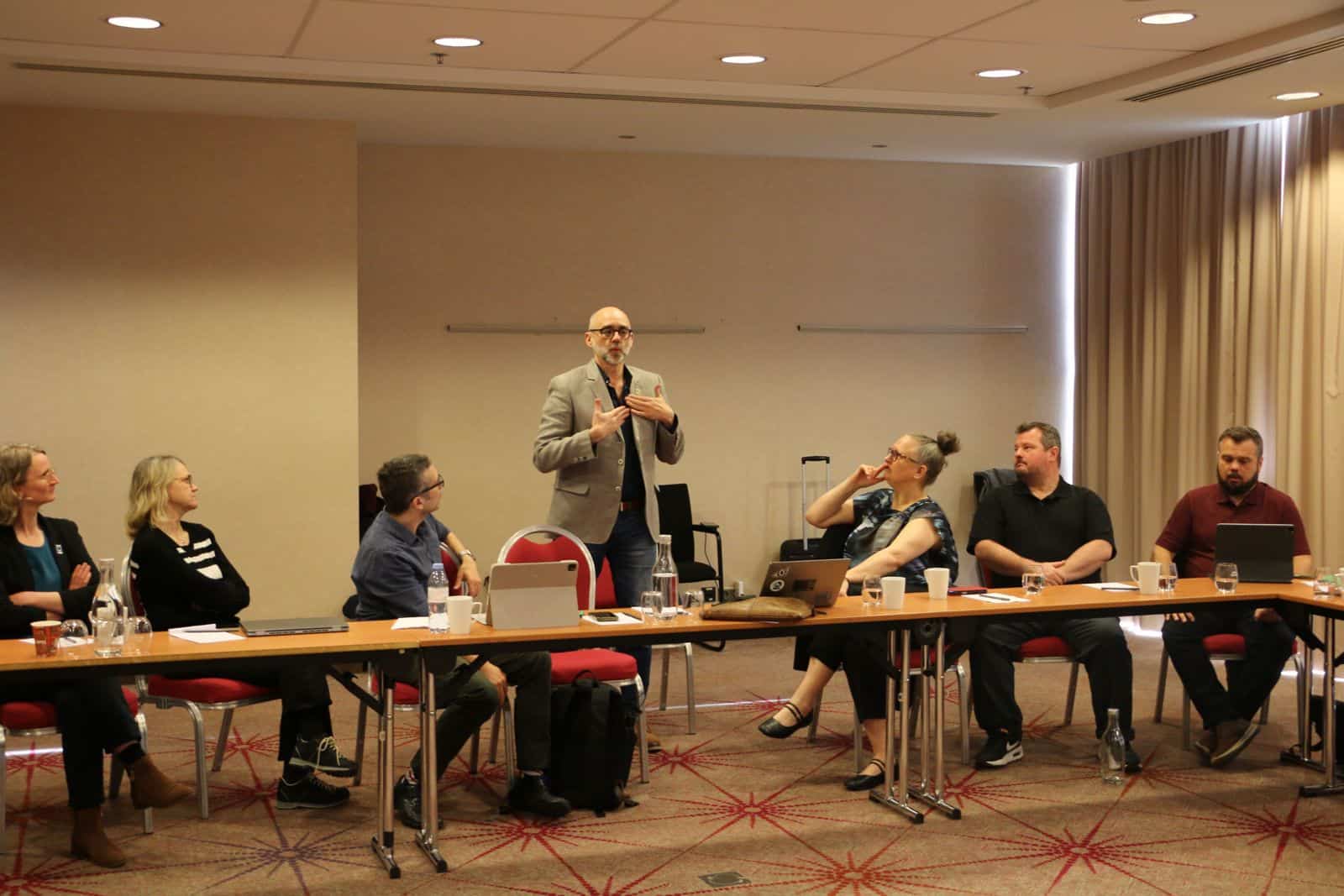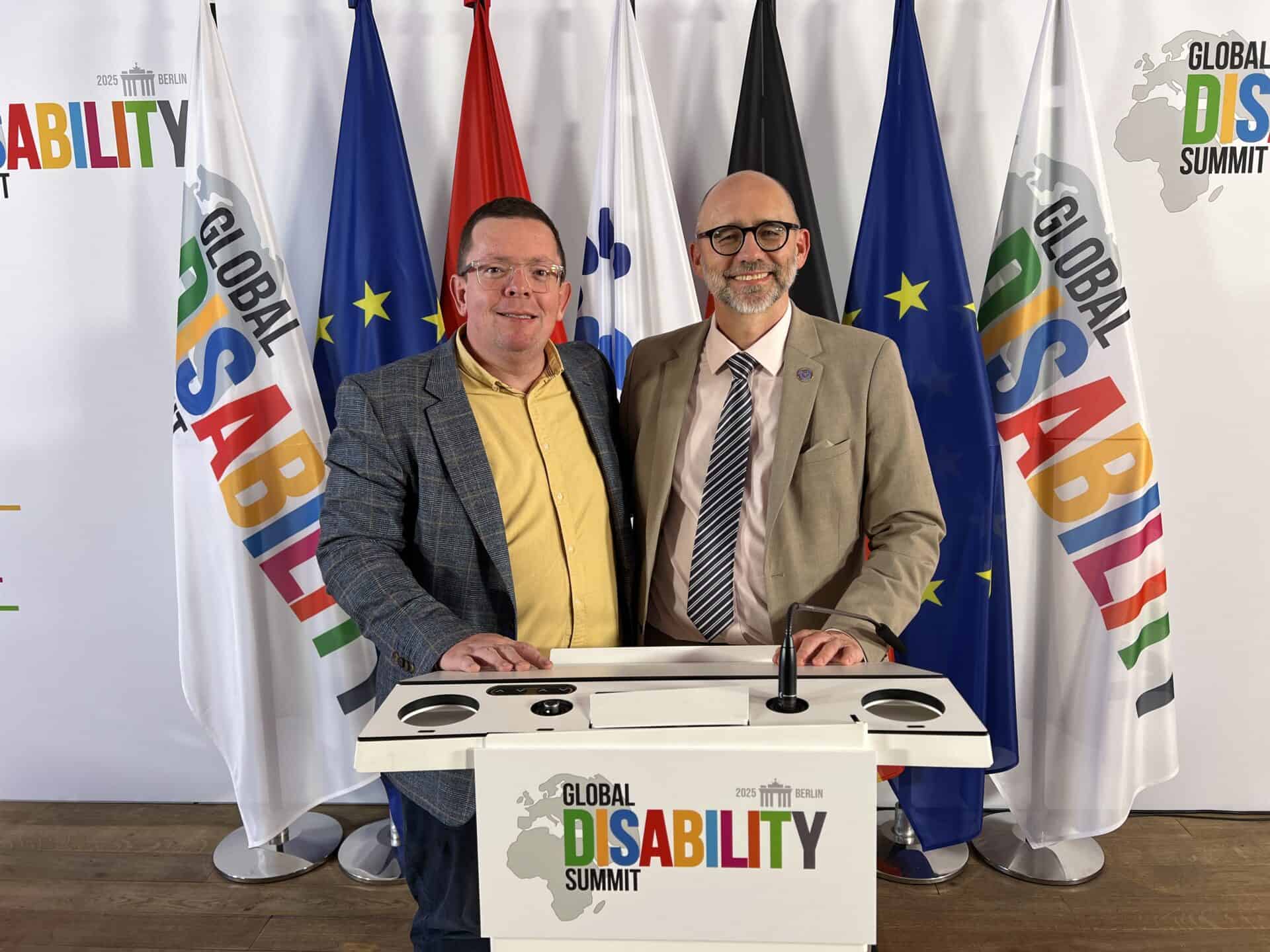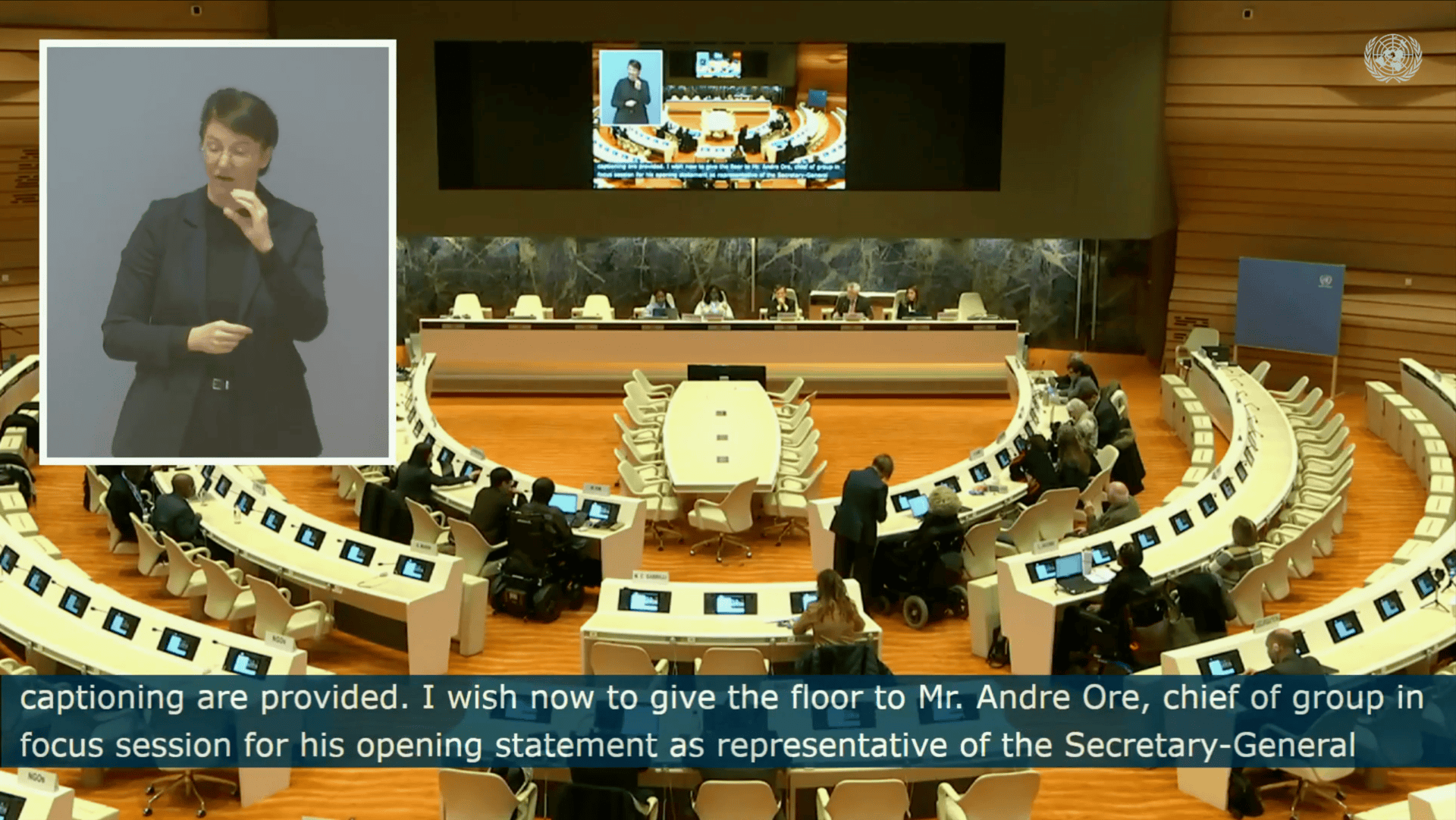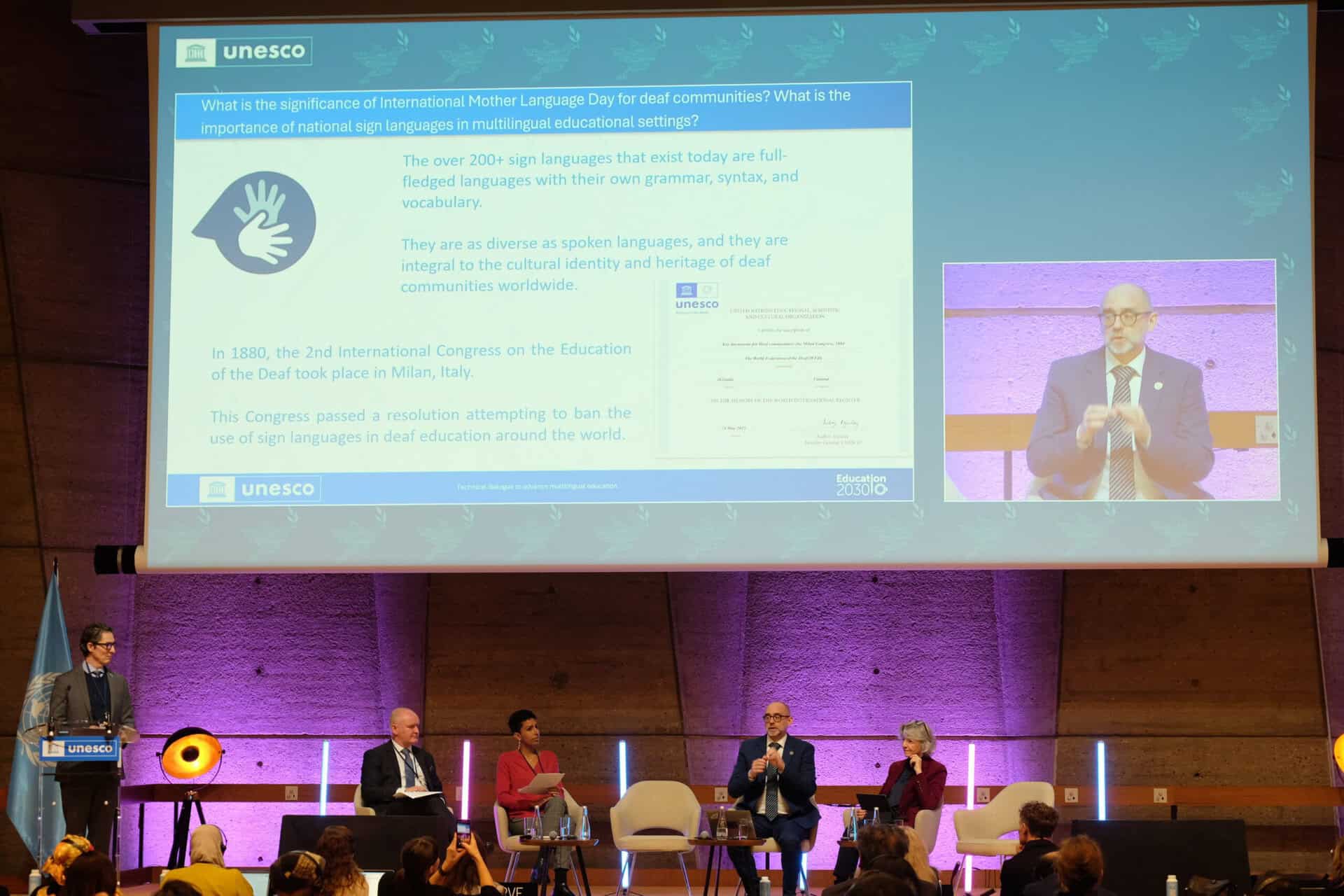WFD Board member Jigjid Dulamsuren attended the Asia-Pacific Forum on Sustainable Development 2017 (APFSD 2017) in Bangkok, Thailand from 26 to 31 March 2017.
Governments and other stakeholders convened at the APFSD 2017 under the theme “Eradicating poverty and promoting prosperity in a changing Asia-Pacific”. Organised by the United Nations Economic and Social Commission for Asia and the Pacific (ESCAP), the purpose of the forum is to engage stakeholders on their perspectives of effective implementation , follow-up and review of the 2030 Agenda for Sustainable Development in the Asia-Pacific. The forum was preceded by a civil society forum, capacity building workshop for countries submitting Voluntary National Reports to the High-level political forum on sustainable development (HLPF), and other events.
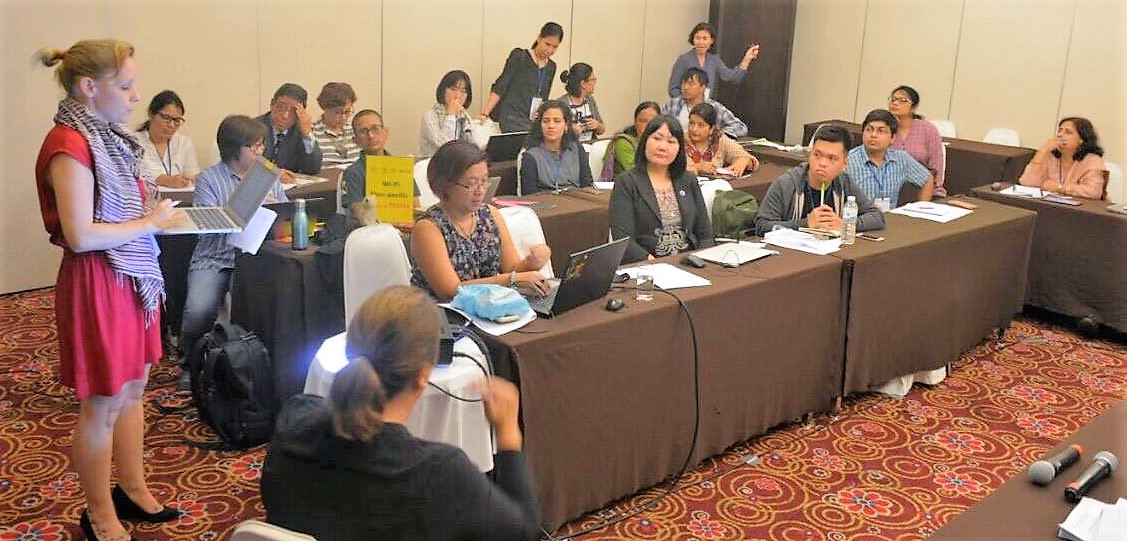
NO ONE LEFT BEHIND
While this is the third year ESCAP has organised this forum, it was the first that Civil Society Organisations (CSOs) were given the opportunity to address issues in the APFSD 2017. Before, CSOs only provided individual written reports to the officials of the forum.
Ms Dulamsuren said, ‘The slogan ‘No one left behind’ can be achieved in reality when CSOs are given space to channel our views so that decision makers on policies can be fully informed – this is effective implementation. And given this opportunity, it is important that in the presence of governments and UN officials, the CSOs are united in articulating, not only the disability issues but also, proposal on how to shape strategies and influence policy and laws to address the diverse challenges of persons with disabilities.’
AP-REM
Platform for CSOs to strengthen their unity is already in place. Ms Dulamsuren shared that the CSOs of Asia-Pacific have established the Asia-Pacific Regional CSO Engagement Mechanism (AP-REM), which consists of various Constituency Focal Points including a disability committee led by Ms Abia Akram from Pakistan who was also the acting representative for AP-REM during the APFSD 2017.
For the WFD, it is important to work to understand the roadmap to effective implementation of the 2030 Agenda for Sustainable Development in Asia-Pacific – and this requires close collaboration with Ms Akram and the AP-REM to ensure that the deaf perspectives are put forth, understood and raised at such important forums.
SIDE EVENTS
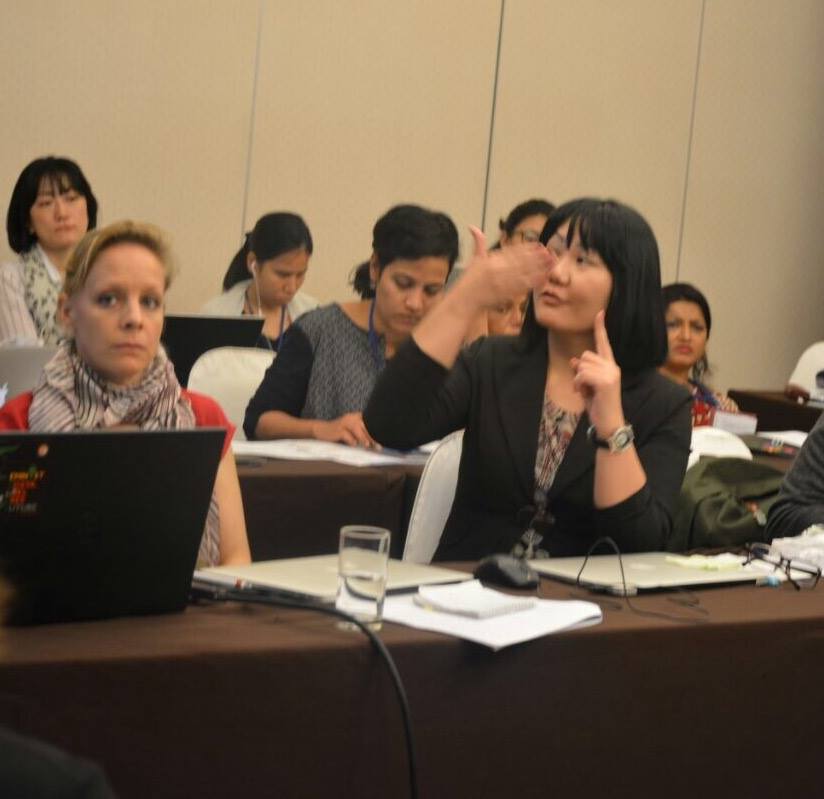
Ms Dulamsuren was also present in the following forums and side events:
- Regional Disability Meeting
- Asia-Pacific Civil Society Forum on Sustainable Development
- Asia-Pacific Forum on Sustainable Development
- Including Persons with Disabilities in Sustainable Development- An Inclusive Pathway to Eradicating Poverty and Promoting Prosperity
Ms Dulamsuren added, ‘I am pleased to have the chance to raise issues during the forum and its side events including matters related to women living in rural areas and in particular drawing on examples from Mongolia. I drew attention to barriers faced by women with disabilities in accessing healthcare and services and the need for non-governmental organisations (NGOs) and governments to work together to truly ensure that no one is left behind.’ There is no doubt that having more deaf people present at international conferences ensure that our needs are better understood by others. As deaf persons, we are the most appropriate individuals to represent our Community – ‘Nothing About Us Without Us!

